We discuss mentorship matchmaking in the re-release of our pilot episode of Action Items; tips on helping your team break toxic patterns; lawyers need to up their e-discovery game; how Next Generation Science Standards is changing how one school in Galt prepares a next-gen workforce; and what does “bootstrap” even mean — take our web poll!
Recommended For You
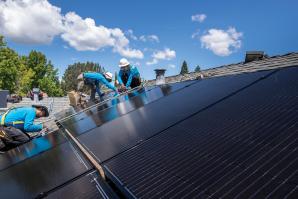
Daylight Savings
As financial incentives get phased out, local utilities and industry experts grapple with the future of solar power
This year marks the deadline for California’s 10-year bet on solar roofs. In 2006, the state launched the “Million Solar Roofs” vision, pumping $3.2 billion into incentive programs. The plan was to build one million solar roofs, or the equivalent thereof, generating 3,000 megawatts of renewable energy by 2017.
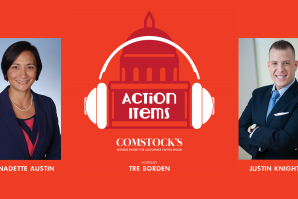
Action Items: Pilot
Justin Knighten and Bernadette Austin on how we can better prepare local leaders
Justin Knighten and Bernadette Austin speak with our host, Tre Borden, on how mentorship pushes the region forward. We talk about leadership transitions, diversity and inclusion, and hitting up potential mentors at the gym.
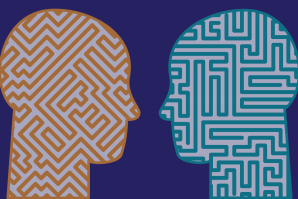
Breaking the Habit
Toxic patterns abound in the workplace — but you can change them
As I write this, I am seated by the window on an airplane flying east. Taking off over Sacramento, acres and acres of green and brown agricultural fields come into view. Each block of squared-off land is juxtaposed against another, all cut into varying diagonals and straight lines, forming an intricate pattern of rich farmland.
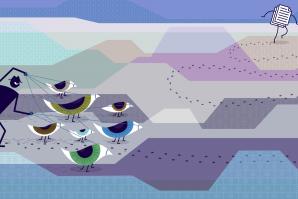
Digital Detective
A State Bar opinion on electronic discovery underlines a new reality — lack of technology competence isn’t just a competitive risk, but an ethical one
From texts to photos to emails, every modern law case involves some sort of e-discovery — so why are lawyers still failing to do it?
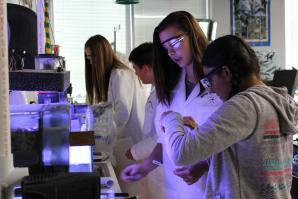
Science is for Kids
Proponents says Next Generation Science Standards will better prepare today’s workforce
Children at River Oaks Elementary School in Galt are more than just students. They’re scientists in the classroom and they do what scientists do — observe, ask questions, identify problems, gather data, analyze it and apply this knowledge in science, technology, engineering and mathematics to the real world.


